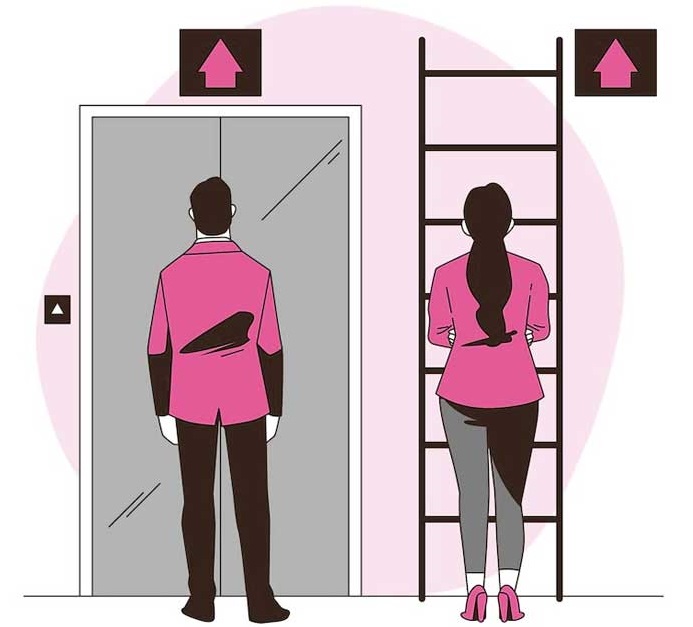Aug. 12, 2023

The International Day for the Elimination of Violence Against Women will mark the launch of the UNiTE campaign (Nov 25- Dec 10).
WHAT IS UNiTE CAMPAIGN?
UNiTE campaign is an initiative of 16 days of activism concluding on the day that commemorates the International Human Rights Day (10 December).
This campaign aims to prevent and eliminate violence against women and girls around the world, calling for global action to increase awareness, promote advocacy and create opportunities for discussion on challenges and solutions.
The UNiTE campaign utilizes the color orange to represent a brighter future, free from violence against women and girls.
About Violence Against Women and Girls
Violence against women and girls is defined as any act of gender-based violence that results in or is likely to result in, physical, sexual, or mental harm or suffering to women and girls, including threats of such acts, coercion or arbitrary deprivation of liberty, whether occurring in public or in private life.
It is one of the most widespread, persistent, and devastating human rights violations in our world today and remains largely unreported due to the impunity, silence, stigma, and shame surrounding it.
It is heightened by the COVID-19 pandemic and its prevalence is now being further increased by the intersecting crises of climate change, global conflict, and economic instability.
Impacts
The magnitude of its impact, both in the lives of individuals and families and society as a whole, is immeasurable.
It has serious short- and long-term physical, economic and psychological consequences on women and girls, preventing their full and equal participation in society.
Violence against women continues to be an obstacle to achieving equality, development, and peace as well as to the fulfillment of women and girls’ human rights.
India’s Progress in protecting women
Indian women received universal suffrage during India’s independence in 1947.
During the drafting of the Universal Declaration of Human Rights, India was instrumental in ensuring that gender-sensitive norms were respected by changing the language from ‘all men are created equal to ‘all human beings are.
India has also ratified key international conventions to end discrimination against women which include the Convention on the Elimination of all Forms of Discrimination against Women (CEDAW).
Women in India continue to make progress in all areas of human endeavors, including politics, science, business, medicine, sports, and agriculture.
Women have overcome “the glass ceiling” in the armed forces and can also serve as commanders since 2020.
Today, India has the most significant number of women in the United Nations peacekeeping forces, thus showcasing the equal role that women can play in conflict-emerging countries and territories.
The Central and State governments have launched new schemes, policies, and programs ranging from the welfare of the girl child to supporting aspiring female entrepreneurs, to empower both urban and rural women and promote gender equality.
Women’s protection has also been enhanced with far-reaching access to comprehensive services, regardless of legal status.
Marginalised populations, such as refugees, have access to these protection and assistance services.
The ‘Nari Shakti for New India’ campaign represents the aspirations of millions of women in India, who not only participate but lead development initiatives — clearly displaying that women are leading from the front.
Government's support for refugees
There is over 2,12,000 refugees in India including those supported by the Government of India, more than half of whom are women and girls.
India ensures that refugees can access protection services that are on a par with their fellow Indian hosts.
For those refugees registered directly by the Government such as those from Sri Lanka, they are entitled to Aadhaar cards and PAN cards to enable their economic and financial inclusion
They can have access to national welfare schemes and contribute effectively to the Indian economy.
Conclusion and Way Forward
All in all, the promise of the Sustainable Development Goals (SDGs) - to leave “no one behind” - cannot be fulfilled without putting an end to violence against women and girls.
Uniting to end violence against women and girls and empowering them to stand up for themselves and their communities, and supporting men to become agents of change, must remain the priority.
The global theme for this year’s 16 Days of Activism against Gender-Based Violence is “UNITE! Activism to end violence against women and girls”, a much-needed call to action that all of us must work towards, in order to ensure that we reverse gender and protection deficits.
Global community can learn from India in protecting her women since Independence.